
HR Analytics Course in Mumbai
Performance-focused Training
With our personal training, grasp HR analytics! To improve your chances of landing a job, acquire superior data analysis abilities. Sign up for our HR Analytics course in Mumbai right now!

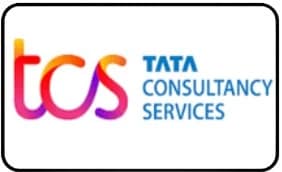
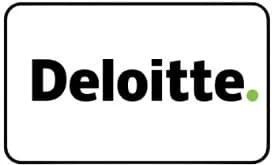

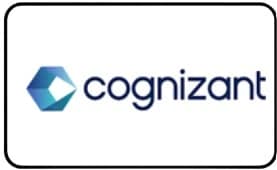
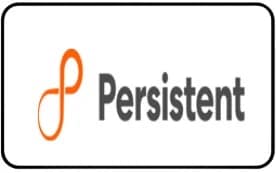
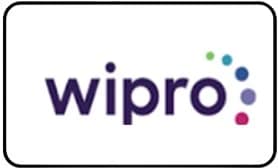
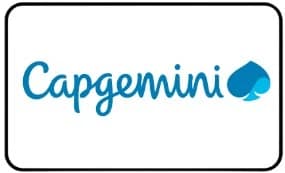
Our Services
Course Information
Comprehensive details about course content, structure & objectives.
1-on-1
Training
Training that is specifically customized to meet each student's needs.
Classroom Training
Live interactive sessions on the course with experienced instructors.
Online
Guidance
Flexible virtual support for effective remote and distant learning.
Key Notes
Key Features
Key Features
Key Features
Key Features
Key Features
Key Features
Expert Faculties: Learn from seasoned professionals with extensive industry experience and knowledge.
Placement Support: Comprehensive career guidance and job placement assistance to ensure students secure their desired job roles.
Resume Building: Craft impressive resumes to highlight your skills and achievements effectively.
Real-Time Project: Engage in practical projects to apply data science concepts in real-world.
Guaranteed Certification: Earn a recognized certification upon successful course completion.
Experience Alteration System: Experience real-world projects and hands-on training, ensuring you are job-ready.
What is HR Analytics?
HR Analytics involves the systematic collection, analysis, and interpretation of data related to human resources to improve decision-making and organizational performance. It enables businesses to uncover insights on employee performance, retention, recruitment, and overall workforce management. HR Analytics uses statistical tools and data visualization techniques to identify trends and patterns, helping organizations make data-driven decisions. The discipline focuses on metrics like employee engagement, turnover rates, and training effectiveness, providing actionable insights for strategic HR initiatives. Mastering HR Analytics course in Mumbai equips you with the skills needed to excel in this data-driven field, offering a significant advantage in the competitive job market.

Who Can Apply For the HR Analytics Course?
- Those looking to enhance their skills in data-driven decision-making and workforce management.
- Individuals seeking to specialize in human resource data analysis and interpretation.
- Recent graduates or postgraduates in Computer Science, Software Engineering, or related fields seeking to specialize in SAP ABAP.
- Graduates or postgraduates in Human Resources, Business Administration, or related fields looking to enter the HR analytics domain.
- HR and management consultants looking to offer data-backed solutions and recommendations to their clients.
- Individuals with a background in data science or IT aiming to apply their analytical skills within the HR context.

Interview QnA
Answer: HR Analytics involves using data analysis techniques to evaluate and improve human resource management practices. It provides insights into various HR metrics such as employee performance, recruitment effectiveness, and retention rates. HR Analytics is important because it helps organizations make data-driven decisions, improve workforce planning, enhance employee engagement, and optimize HR strategies to align with business goals.
Answer: Key metrics include employee turnover rates, recruitment efficiency, employee performance, absenteeism rates, training effectiveness, employee engagement levels, and compensation and benefits analysis. Analyzing these metrics helps organizations understand trends, identify issues, and make informed decisions to enhance HR processes.
Answer: Data collection involves gathering information from various sources such as HRIS (Human Resource Information Systems), employee surveys, performance reviews, and recruitment databases. Data management includes ensuring data accuracy, consistency, and security. It's important to clean and preprocess the data to remove any errors or inconsistencies before analysis.
Answer: In a previous project, I analyzed employee turnover data to identify patterns and root causes. By examining factors such as job satisfaction, tenure, and departmental trends, I discovered that high turnover rates were linked to inadequate career development opportunities. Based on these insights, we implemented targeted training programs and career development plans, which resulted in a significant reduction in turnover rates.
Answer: Common tools and software include Excel for basic data analysis, and more advanced tools like SAP SuccessFactors, Oracle HCM Cloud, Workday, Tableau, Power BI, and R or Python for statistical analysis and data visualization. These tools help in analyzing data, creating reports, and visualizing trends to support HR decision-making.
6. How do you ensure the accuracy and reliability of HR data?
A: Ensuring accuracy and reliability involves regular data audits, validation checks, and maintaining data integrity throughout the collection and processing stages. It’s also important to use standardized data entry procedures and implement data governance policies to prevent errors and inconsistencies.
7. How do you present HR analytics findings to non-technical stakeholders?
A: Presenting findings to non-technical stakeholders involves simplifying complex data into clear, actionable insights. Using visualizations like charts and graphs can help convey key messages effectively. It’s important to focus on the implications of the data and provide practical recommendations that align with the stakeholders’ business objectives.
8. What challenges have you faced in HR Analytics and how did you overcome them?
A: A common challenge is dealing with incomplete or inconsistent data. To overcome this, I implemented data cleaning and validation processes to ensure data quality. Additionally, communicating effectively with stakeholders to understand their needs and aligning the analytics with their objectives helped in addressing specific business challenges.
9. How do you stay updated with the latest trends and developments in HR Analytics?
A: I stay updated by reading industry publications, attending webinars and conferences, participating in professional networks, and taking relevant courses or certifications. Staying informed about new tools, techniques, and best practices ensures that my skills and knowledge remain current.
10. How do you align HR Analytics with overall business strategy?
A: Aligning HR Analytics with business strategy involves understanding the organization’s goals and objectives and identifying how HR metrics can support them. By linking HR data to business outcomes, such as improving employee productivity or reducing turnover, I ensure that HR Analytics provides valuable insights that drive strategic decision-making and support the organization’s growth.
11. How do you handle sensitive employee data in HR Analytics?
A: Handling sensitive employee data involves adhering to data privacy regulations such as GDPR or HIPAA. Implementing strict access controls, anonymizing data where possible, and ensuring secure data storage and transmission are crucial practices. Regular audits and compliance checks help maintain data security and confidentiality.
12. What is your process for performing a workforce analysis?
A: My process for performing a workforce analysis includes defining key objectives, collecting relevant data (e.g., demographics, performance metrics), analyzing trends and patterns, and identifying gaps or areas for improvement. I then present actionable insights and recommendations to enhance workforce management strategies.
13. How do you measure the ROI of HR initiatives?
A: To measure ROI, I track the outcomes of HR initiatives against their costs. For example, evaluating the impact of a training program involves comparing performance metrics and productivity levels before and after the program, and calculating the return in terms of improved employee performance and reduced turnover costs.
14. What methods do you use to predict employee turnover?
A: Predictive analytics involves using historical data and statistical models to identify factors associated with employee turnover. Techniques include regression analysis, machine learning algorithms, and trend analysis to forecast potential turnover and implement proactive measures to retain employees.
15. How do you ensure the data integrity of HR reports?
A: Ensuring data integrity involves validating data sources, using consistent data entry methods, and implementing data cleaning procedures. Regular cross-checks and audits help identify and correct discrepancies, ensuring that reports reflect accurate and reliable information.
16. How do you prioritize which HR metrics to focus on?
A: Prioritization depends on the organization’s strategic goals and specific HR challenges. I focus on metrics that align with business objectives, such as employee engagement for improving productivity or turnover rates for enhancing retention strategies. Regularly reviewing these priorities ensures they remain relevant to organizational needs.
A: Data visualization helps in presenting complex data in a clear and understandable format. It allows stakeholders to quickly grasp insights, identify trends, and make informed decisions. Tools like Tableau or Power BI are often used to create dashboards and reports that visualize key HR metrics effectively.
18. How do you balance qualitative and quantitative data in HR Analytics?
A: Balancing qualitative and quantitative data involves integrating numerical metrics with employee feedback and observations. While quantitative data provides measurable insights, qualitative data offers context and depth, helping to form a comprehensive view of HR issues and solutions.
19. How do you handle conflicting data or discrepancies in HR reports?
A: Handling conflicting data involves conducting a thorough investigation to identify the source of discrepancies. This includes reviewing data collection processes, checking for errors, and cross-referencing with other data sources. Once identified, I correct the issues and ensure consistency across reports.
20. How do you ensure that your HR analytics recommendations are actionable?
A: I ensure recommendations are actionable by aligning them with organizational goals, providing clear and practical steps for implementation, and considering the resources and constraints of the organization. Engaging with stakeholders to validate recommendations also ensures they are feasible and relevant.
Why Should You Learn HR Analytics Course in Mumbai?
Learning HR Analytics course in Mumbai equips you with essential skills to analyze and interpret HR data for informed decision-making. It enhances your ability to manage employee performance, recruitment, and retention efficiently, creating robust, data-driven strategies tailored to business needs. This course opens up career opportunities in HR management, consulting, and data analysis, making you a valuable asset to organizations seeking to optimize their HR processes and improve overall organizational performance.
How can we help you in learning the HR Analytics Course?
Connecting Dots ERP offers top HR Analytics coaching in Pune, designed to meet industry standards and provide comprehensive knowledge and practical skills. Our affordable program is accessible to individuals from various backgrounds seeking to enhance their HR career prospects. Experienced trainers, currently working in leading organizations, bring practical insights to the classroom, using a hands-on approach with real-world simulations. The syllabus covers essential topics like Data Management, Performance Metrics, Recruitment Analytics, and Predictive Analytics, supplemented by extensive study materials and job placement support.
HR Analytics Syllabus
The HR Analytics course in Mumbai is an integrated suite of tools and applications designed to optimize human resource management processes. It enables organizations to efficiently manage employee performance, recruitment, retention, and workforce planning. By providing real-time insights and data-driven analytics, HR Analytics helps businesses enhance HR efficiency, reduce turnover, and make strategic decisions to drive organizational growth and competitiveness.
Our Top Recruiters


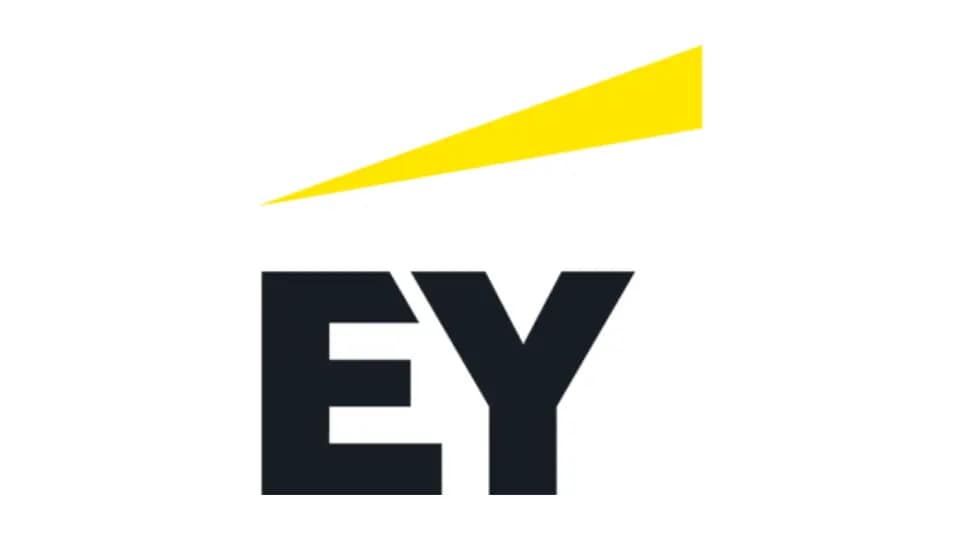





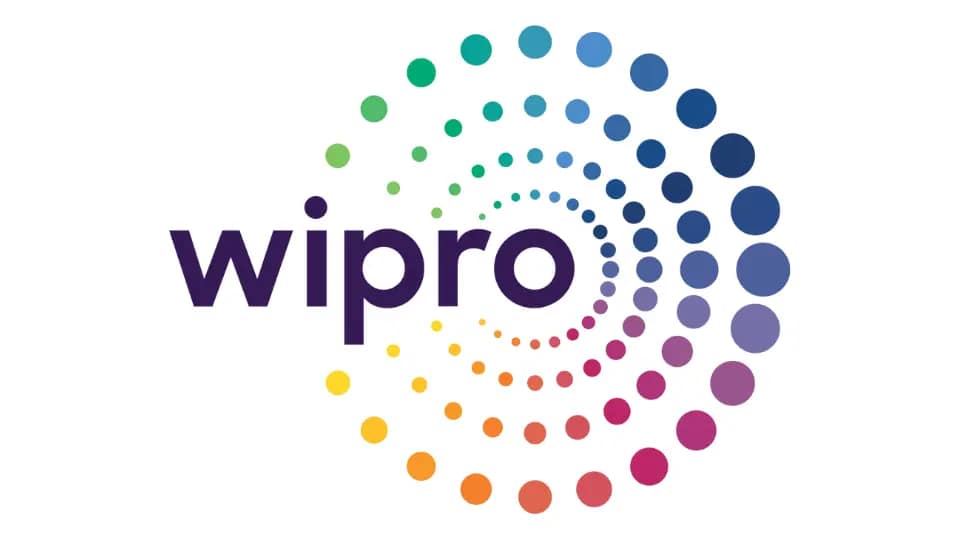
Placement Lifecycle
Eligibility Criterion
Interview Question & Answer
Resume and LinkedIn Formation
Mock Interviews
Scheduling Interviews
Job Placement
HR Analytics Training Certificate in Mumbai
Are you looking for certification in HR training?
Our institute offers top-notch HR training and provides certification in HR, equipping you with essential skills and credentials to advance your career and stay competitive in the global job market. Obtaining such certification can significantly enhance your career prospects.
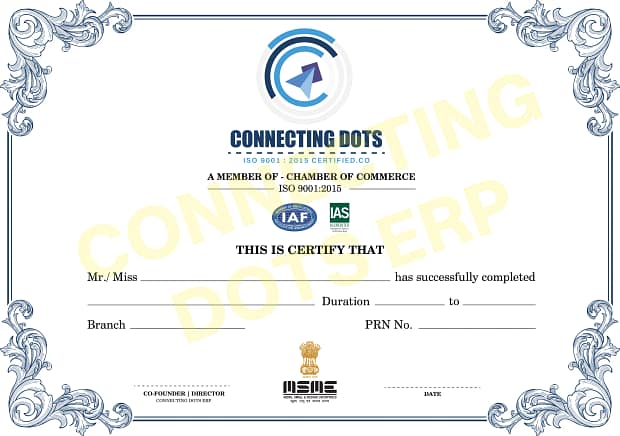
FAQs
The HR Analytics course equips you with advanced skills in analyzing and interpreting HR data, which are crucial for strategic decision-making. Mastering HR Analytics enables you to provide valuable insights into workforce trends, employee performance, and organizational efficiency. This expertise makes you a sought-after professional for roles in HR management, data analysis, and consulting, significantly boosting your career prospects in the HR domain.
The HR Analytics course provides hands-on experience in analyzing HR data, creating insightful reports, and using advanced analytical tools. You will gain practical skills in data collection, statistical analysis, and data visualization, essential for interpreting employee metrics and driving strategic HR decisions. This expertise is crucial for enhancing workforce management, improving employee engagement, and optimizing HR strategies.
The course offers thorough training in key HR analytics concepts, including data analysis, statistical methods, and reporting techniques. It includes practice exercises, case studies, and mock exams designed to simulate real-world scenarios. This targeted approach ensures you are well-prepared for HR analytics certification exams, validating your expertise in leveraging data to drive HR decisions and strategies.
The course includes comprehensive job support, such as resume building, interview coaching, and access to job listings in HR analytics roles. Additionally, we offer career counseling and networking opportunities with industry professionals to help you transition smoothly from training to a successful career in HR analytics.
Mastering HR Analytics equips you with the skills to analyze and interpret critical HR data, enhancing your ability to make data-driven decisions. This specialization strengthens your professional profile, opens up advanced career opportunities in HR management and consulting, and positions you as a valuable asset for organizations seeking to optimize their human resources strategies.
Student Reviews
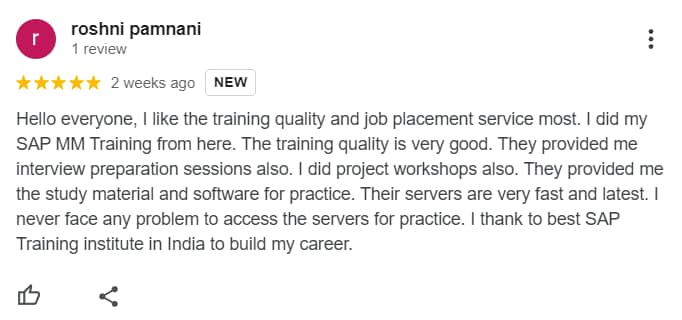
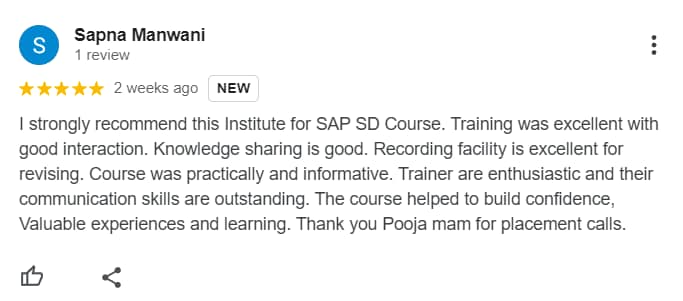
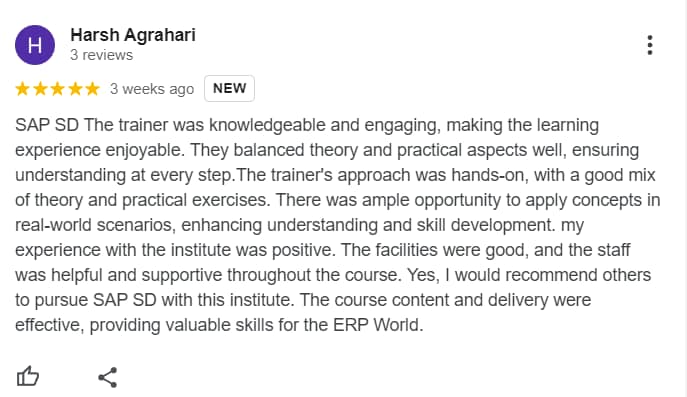
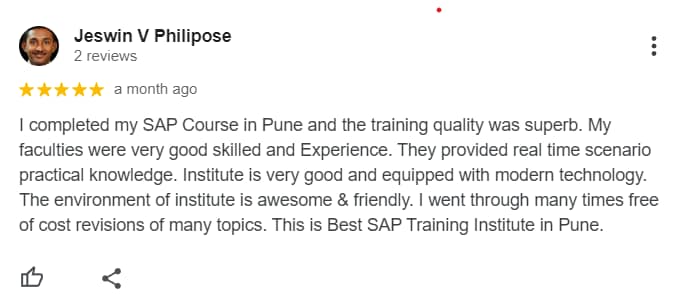
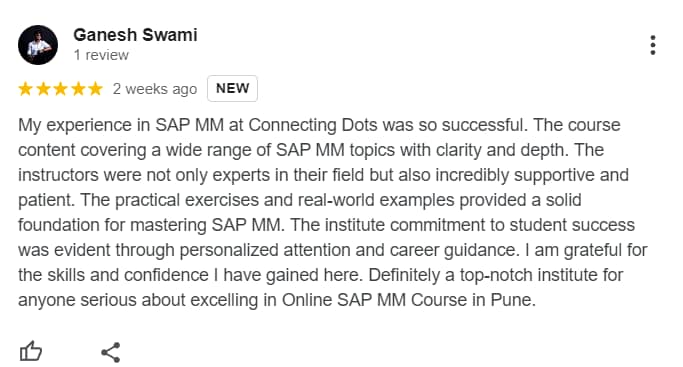
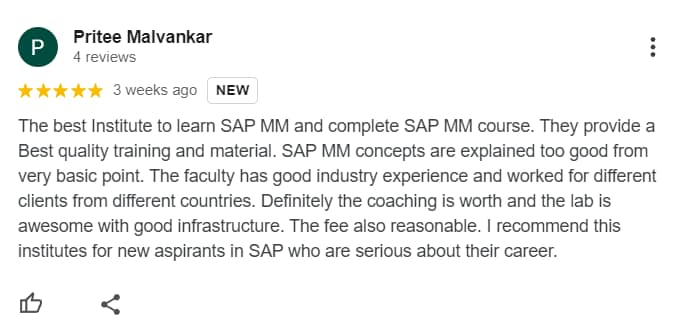
HR Analytics Course in Mumbai With 100% Placement
The HR Analytics course in Mumbai with 100% placement assistance stands out as an exceptional opportunity for aspiring financial and controlling professionals. This program is meticulously designed to equip students with in-demand skills and practical experience, ensuring they are industry-ready.
Get Industry-Ready with Dedicated Career Support:
- Industry-Ready Advanced Curriculum: Covering essential topics such as machine learning, big data analytics, data visualization, and more.
- Certificate from Connecting Dots ERP: Gain a recognized certification that enhances your professional credibility.
- Expert Faculty: Learn from industry professionals with extensive experience and knowledge.
- Interview Opportunities with Leading Companies: Access exclusive job interview opportunities with top companies.
- Dedicated Placement Assistance: Benefit from personalized support to help secure your ideal job.
- Real-World Case Studies: Engage in hands-on projects and case studies that provide practical exposure.
Connecting Dots ERP provides training for software courses like HR GENERALIST, HR MANAGEMENT, HR ANALYTICS, HR CORE, HR PAYROLL, ADVANCE HR ANALYTICS, PMS TRAINING, SAP HR (HCM), SAP SUCCESSFACTOR
HR Analytics Training in Mumbai
HR ANALYTICS course in Mumbai location: HR ANALYTICS Course fees in Mumbai, HR ANALYTICS Course in Thane, HR ANALYTICS Course in Kalyan, HR ANALYTICS Course in Bhandup, HR ANALYTICS Course in Khopoli, HR ANALYTICS Course in Titwala, HR ANALYTICS Course in Ulhasnagar, HR ANALYTICS Course in Vashi, HR ANALYTICS Course in Badlapur, HR ANALYTICS Course in Ghatkopar, HR ANALYTICS Course in Airoli, HR ANALYTICS Course in Virar, HR ANALYTICS Course in Ambarnath, HR ANALYTICS Course in Kurla, HR ANALYTICS Course in Diva, HR ANALYTICS Course in Mulund, HR ANALYTICS Course in Matunga, HR ANALYTICS Course in Nerul, HR ANALYTICS Course in Dadar, HR ANALYTICS Course in Andheri, HR ANALYTICS Course in Navi Mumbai, HR ANALYTICS Course in Powai, HR ANALYTICS Course in Ghansoli, HR ANALYTICS Course in Dombivali, HR ANALYTICS Course in Bhiwandi, HR ANALYTICS Course in Mulund, HR ANALYTICS Course in Bandra, HR ANALYTICS Course in Borivali.
Still have queries? Let’s Connect
Contact US
Pune:
Call us at: 9004002958, 9004002941, 9004008313
Call us at: 9004005382, 7517542233, 9004001938, 8805563870
Pune:
Call us at: 9004002958, 9004002941, 9004008313
Mumbai:
Call us at: 9004005382, 7517542233, 9004001938, 8805563870
